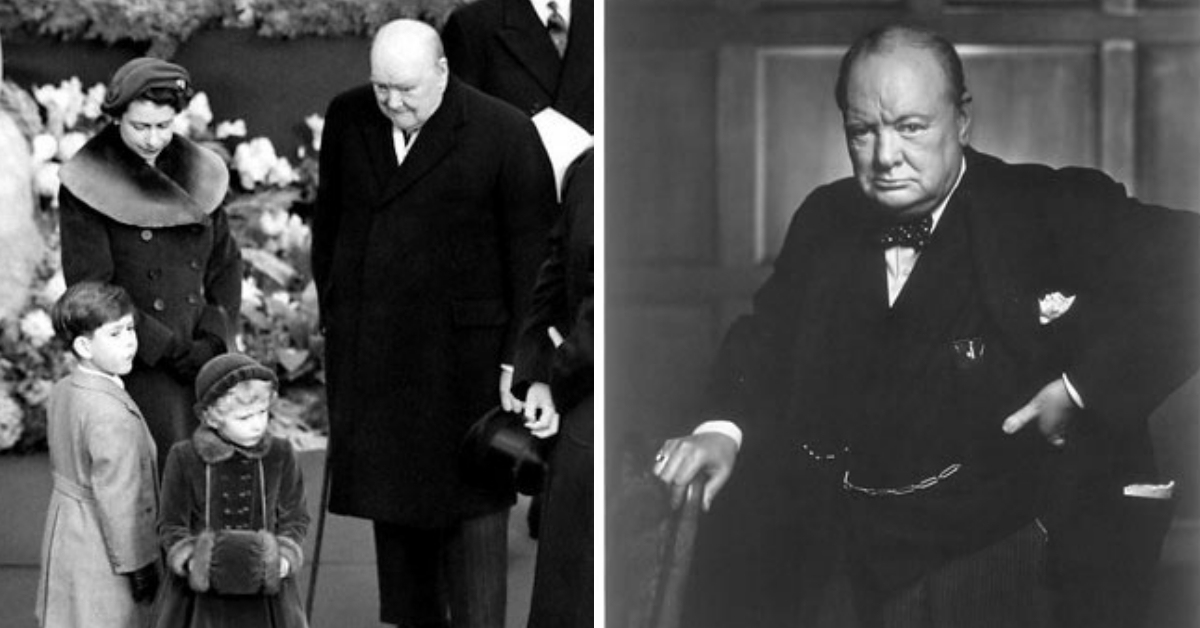A state funeral will take place for the Queen after her passing at the age of 96.
The country has been in a national period of mourning since the death of the monarch at Balmoral on September 8.
State funerals are public ceremonies held to honour and pay respect to people of great national strict significance.
The only British monarch not to have been given a state funeral in the last 295 years was Edward VIII due to his abdication.
However, the last state funeral that took place in the UK was not for a member of the Royal Family.
On January 30, 1965, the state funeral of Sir Winston Churchill was held.
He is one of only three British prime ministers to have received a state funeral.
The others are Arthur Wellesley, the First Duke of Wellington, and William Gladstone.
Churchill’s funeral was the largest state funeral in history, witnessed by an estimated worldwide television audience of 350 million people.
The Queen’s funeral on Monday could very well surpass that and may become the most watched broadcast in history.
Arrangements for the funeral of Churchill had been planed for 12 years, under the codename Operation Hope Not.
Despite state funerals ordinarily being reserved for the monarchy, the Queen wrote to Parliament, stating that the entire nation “should have the opportunity to express their sorrow” for Churchill’s death.
“I know that it will be the wish of all my people that the loss which we have all sustained by the death of the Right Honourable Sir Winston Churchill should be met in the most fitting manner,” the Queen wrote.
“And that they should have an opportunity of expressing their sorrow at the loss and their veneration of the memory of that outstanding man who in war and peace served his country unfailingly for more than 50 years.
“And in the hours of the greatest danger was the inspiring leader who strengthened and supported us all.”
More than 320,000 people queued for three miles to pay their final respects to Churchill while he lay in state for three days at Westminster Hall.
On January 30, 1965, Churchill’s coffin was taken to St Paul’s Cathedral for the ceremony, attended by more than 3,000 people.
The former prime minister then made a final journey along the Rivers Thames on board a motor vessel, before the coffin was taken by rail to the village of Bladon, in Oxfordshire.
Churchill’s body was then taken to St Martin’s Church for a private burial.
Follow STV News on WhatsApp
Scan the QR code on your mobile device for all the latest news from around the country


 Flickr
Flickr

























